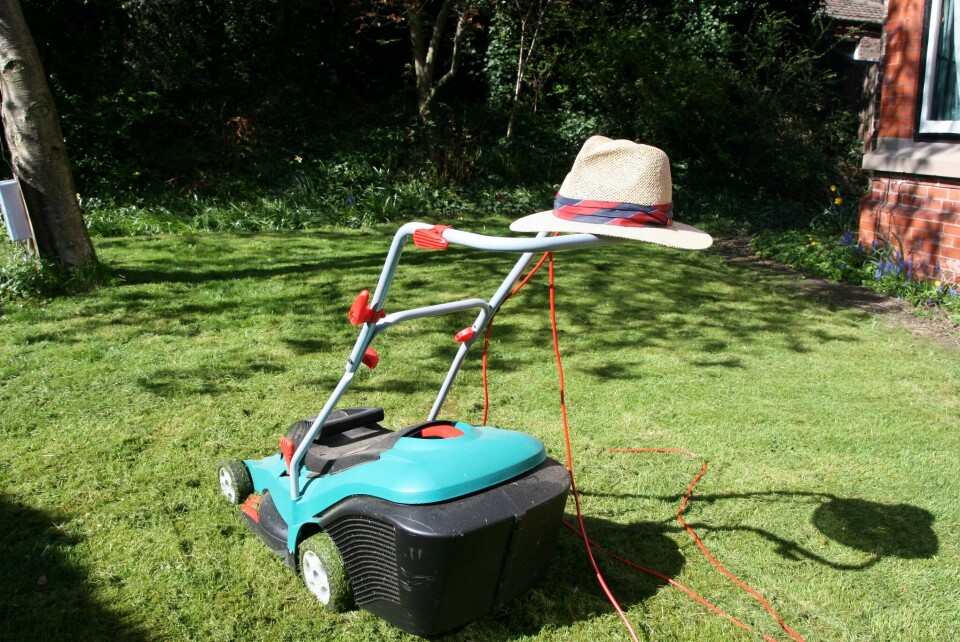-
Who decides if a political party is far left or far-right in France?
Parties can contest the status with which they are labelled
-
From Oregon to Brittany: primrose nursery in France celebrates 90th anniversary
Barnhaven Primroses traces its history back to 1930s America
-
Do I need separate caravan insurance in France?
Fixed and mobile models have different rules and coverage
Rules for cutting your lawn in France on public holidays and Sundays
There is a reason you do not hear the permanent background drone of lawnmowers and hedge trimmers - and what to do if your neighbour does not respect the rules

Are we allowed to mow the lawn on Sundays and on public holidays?
Short answer: Yes, you can.
Long answer: Yes, you can but there are limits.
Sundays and public holidays in France are sacrosanct and there are even limits on the time you can use power tools, including lawnmowers and hedge trimmers so your neighbours can enjoy family and holiday time in peace.
The rules vary from department to department, even from commune to commune - but, in general, you can find a decree with the words - "noisy activities, carried out by individuals, such as home improvement, DIY and gardening, using tools or appliances, such as lawnmowers, chainsaws, drills, planers, power saws, air or high-pressure compressors, motor pump for water withdrawal and/or watering, ... and likely to affect the tranquillity of the neighbourhood or to human health by their duration, repetition or intensity, may only be carried out outside or inside" at the following times.
- Monday to Friday: from 08:30 to 12:00 and from 14:00 to 19:00
- Saturday: 09:00 to 12:00 and 15:00 to 19:00
- Sunday and public holidays: from 10:00 to 12:00
Individual mayors have administrative police powers and can issue orders that are even more strict so it is advisable to contact your local town hall to make sure you comply with local laws. Often this information is available on your commune's website.
If a neighbour is making unacceptable noise outside these hours, you can call the police, and a fine of €68 (rising to €180) may be issued.
However, the government recommends trying to deal with the issue amicably in the first instance. If that does not work, you should contact the mayor, who has an obligation to protect and guarantee the tranquillity of life for residents.
Anyone who makes a false claim of noise pollution could face up to five years in prison and a €45,000 fine if a claim of slanderous denunciation is upheld.
























